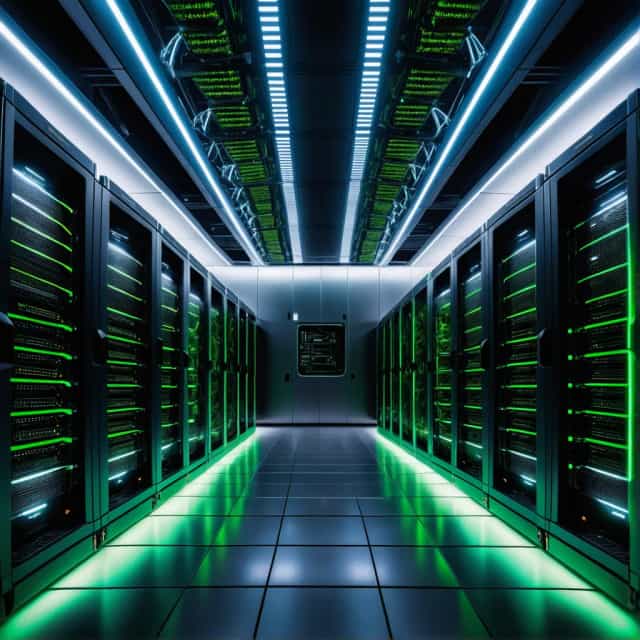
출처: Block Media
WTO Warns of Grave Global Economic Risks Amid U.S.-China Decoupling
The intensifying trade tensions between the United States and China have sparked serious concerns from the World Trade Organization (WTO), which warns that the economic fallout from a sustained decoupling of the two superpowers could be catastrophic for the global economy. WTO Director-General Ngozi Okonjo-Iweala spoke at a Washington meeting on October 17, urging both nations to exercise restraint to avoid letting trade hostilities spiral further out of control.
Highlighting the interconnectedness of global trade, Okonjo-Iweala warned of dire consequences should fragmentation of supply chains continue unabated. The WTO has projected that this decoupling could slash global economic growth by as much as 7%, a figure that reveals the far-reaching impacts of strained U.S.-China trade relations. Developing countries are especially vulnerable, potentially facing double-digit welfare losses if the situation deteriorates further. "The world economy is deeply intertwined with U.S.-China trade, and any disruption would ripple across every region," Okonjo-Iweala cautioned.
Trade Tensions Heighten Over Rare Earth Disputes and Tariffs
Recent policy moves by both nations have reignited and escalated their trade confrontation. China's decision to impose export restrictions on rare earth elements vital to industries such as semiconductors and electric vehicles prompted sharp U.S. retaliation. In a dramatic countermeasure, former President Donald Trump introduced a sweeping 100% tariff on Chinese imports, further intensifying the trade dispute.
Rare earth materials are crucial for technological and industrial sectors globally, making their restricted access a destabilizing factor for the global economy. Okonjo-Iweala remarked that measures like these only serve to place additional pressure on an already fragile global trading system. "The complete economic impact of these escalating tariffs remains to be fully realized, but the immediate strain on supply chains is unmistakable," she noted.
WTO Revises Global Trade Growth Predictions
Amid the ongoing turmoil, the WTO has responded by revising its outlook for global trade growth. The organization recently downgraded its forecast for merchandise trade expansion in 2026, reducing projected growth from 1.8% to a meager 0.5%. This downward adjustment primarily reflects the impact of U.S.-imposed tariffs reinstated earlier this year.
Despite the gloomy long-term outlook, the WTO sees potential for a short-term boost in global trade. For 2025, the organization has raised its forecast to 2.4%, signaling a possible reprieve for the trading sector. However, Okonjo-Iweala tempered optimism by asserting that any recovery is likely to be fleeting. “While we may see trade activity climb temporarily, growth is expected to decelerate once more in the years ahead,” she emphasized.
Need for Reform Amid Rising Trade Challenges
Although the current crisis represents one of the most significant global trade disruptions in decades, Okonjo-Iweala maintained that the WTO remains a resilient foundation for international commerce. She stressed that 72% of global trade continues to operate under WTO rules, a testament to the stability provided by the multilateral trading system. Most WTO member nations have taken a neutral stance in the U.S.-China trade conflict, which Okonjo-Iweala identified as a vital factor in averting further destabilization. "Neutrality on the part of member nations is acting as a stabilizing force in this crisis," she remarked.
The WTO leader also framed the ongoing trade tensions as a transformative opportunity to modernize the institution. "This disruption underscores the need for the WTO to adapt to the realities of a changing global economy," Okonjo-Iweala stated. She called for reforms to incorporate emerging industries such as blockchain-based services, digital commerce, and green technologies into the global trade framework, ensuring its relevance to an evolving economic environment.
In conclusion, while geopolitical rivalries threaten to derail decades of economic cooperation, the WTO is doubling down on its call for modernization and collaboration. With international trade at a critical juncture, the message is clear: only through collective action can the pillars of global trade weather this unprecedented storm.










